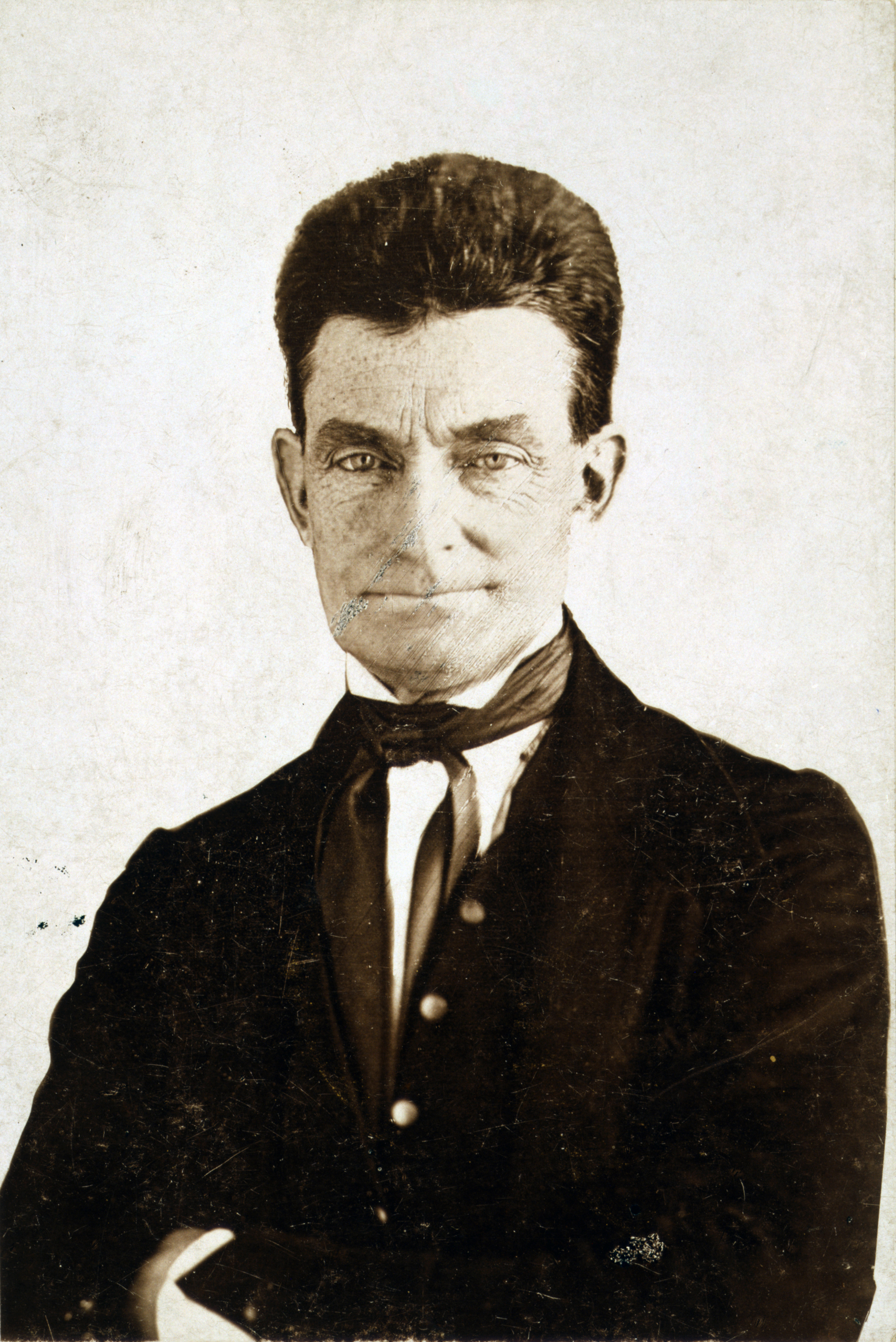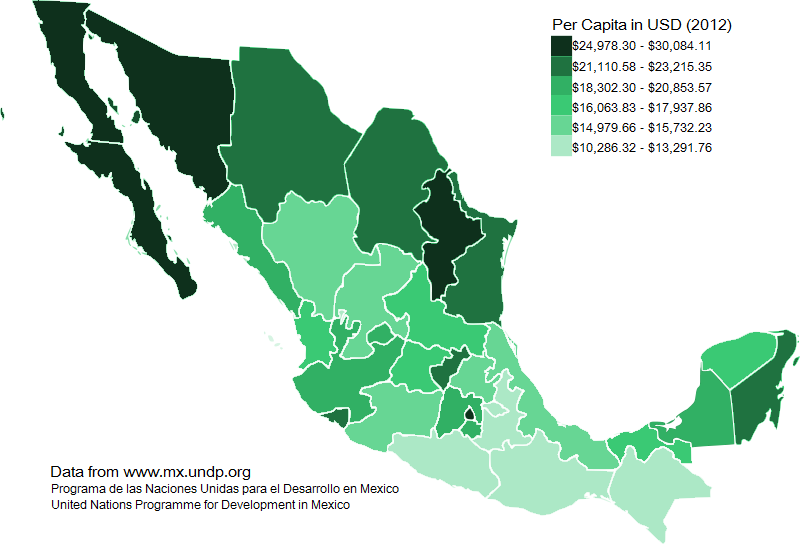 In a recent correspondence, the Executive Director of the Seattle NGO made a comment about our long history trying to work with or around each other on the subject of "e-waste" regulation. He summed it up by saying "We have a disagreement about international law and policy".
In a recent correspondence, the Executive Director of the Seattle NGO made a comment about our long history trying to work with or around each other on the subject of "e-waste" regulation. He summed it up by saying "We have a disagreement about international law and policy". Fundamentally, perhaps not really. We agree on what the Basel Convention says about trade between OECD and non-OECD countries. We agree on what the Basel Ban AMENDMENT says, which would change the rules in the Convention (which covered disposal) to cover recycling and repair. We agree the second, the Amendment, has not been ratified. We agree that his organization has been successful in getting several European countries to substantially adapt rules on scrap recycling, repair and reuse to match the language in the Basel Ban Amendment. And we agree that we strongly disagree whether that is the right direction for "international law and policy".
Although I'm certainly more comfortable around international law discussions than your average junkyard recycler, I would not attribute the disagreement, at least primarily, to interpretation of international treaties. Here's my problem.
1) OECD is a bizarre basis for determination of "waste crime". The Basel Convention uses "OECD" to make a binary distinction, drawing a line between Brazil (non-OECD) and Mexico (OECD) that "waste" shall not cross. The line is based on a bizarre "club membership" standard. It is not based on any science, whatsoever. Rather, its entire basis is a rather quaint 1970's "third world" idea correlation. Places like Singapore and Hong Kong, have higher average per capita incomes than the USA. They are not OECD, but are clearly in the business of electronics manufacture, warranty returns, refurbishment and recycling. "OECD-Non-OECD" makes as much sense as dividing people by race, by religion, or as "cowboys and indians".
2) Sensationalism and generalizations about e-waste appeal to implicit racism. The stories are easy to write, and create wealth for the Seattle NGO, jobs for EU and USA regulators, and trade barrier leverage for "Big Shred" recyclers. Sensationalism makes cheap, plentiful, disposable articles, creating the collateral damage of Joe Benson, Net Peripheral, and Las Chicas Bravas.
It's really the second - the sensationalism ("poverty porn") of Asian, African, and Latino reuse markets - which drives emotions. Emotionalizations are attractive to journalists this time of year. I didn't introduce those to the debate. At the beginning, my blogs and correspondence with Basel Action Network were an attempt to de-emotionalize the subject of trade, to reduce the use of photos of kids at dumps, and to reduce the prosecution and impugnment of refurbishing factories, even (or especially) those in emerging markets.
"Bad Science in the Headlines" has been a subject of research for some time, and there is nothing in e-Waste coverage to distinguish it. Sensationalism in journalism is a human health risk. Racially profiling geeks of color is not only morally toxic, it can produce actual risks to human health.
But if BAN brought emotion-guns to the policy fight, I can't fight with a scalpel. And so we had little recourse but to focus on the accidental racism, the collateral damage, and false stereotypes which the sensational "e-waste" journalism brought down upon the Geeks of Color.
By scalpel, I'm talking about a tool of science. I'm talking about how the Basel Convention could be operated on and made to work better, to prevent actual tragedies (like Trafigura). But before you operate, you need to de-emotionalize the subject. Both BAN and WR3A could put away the bloody-shirt waving and focus on world bank data.
We can take a large, vibrant, growing economy like Mexico's, and still apply the same sensationalism from BAN's photography of junk management there. Bloomberg's Michael Smith and Isabella Cota do this with photos by Alejandro Cartagena to sensationalize the management of used electronics inside Mexico this week. The article rather bizarrely links Mexico's role in managing USA's used electronics - data which derives almost completely from the glass-to-glass CRT recycling management at Tech Displays Mexican (TDM) in Mexicali, and uses photos of the Mexico City barrio, Colonia Renovacion, to imply an international trade link. From the article:
Just inside his shop, Gómez’s 3-year-old grandson, Alexis, plays around a teetering pile of mangled steel computer casings. The boy’s mother, eight months pregnant, sits on a pile of junked PCs, untangling a mass of old phone chargers. She’s hemmed in by electronic waste, or e-waste, stacked two stories high inside a tin-roofed space the size of a three-car garage. Outside the workshop are more piles, and there are yet more in the street; the junk seems to pour in constantly, some of it from around Mexico City and a lot from much farther. Gómez’s younger brother and business partner, Genovevo, points to some Epson printers trapped in the heap, way above his head. They’re from Texas, he says; the shop has bought dozens of truckloads of e-waste from north of the border in the past two years. “The gringos throw it out,” Genovevo says. “We do the dirty work of breaking it apart.”Pregnancy, printers, a small three-car garage.
Remember, Mexico is an OECD country. So if we accept the sensationalism in the article, then the Basel Convention is meaningless as a standard. The printers may well be better managed in Hong Kong's New Territories, or they may be better managed by running them through a Texas shredder to render the pieces exportable for hand-sorting of smaller plastic and metal pieces in Shanghai's "zorba" table sorters.
Where science starts is by looking at data. How many Mexican households and businesses owned printers, and for how long? What is Mexico City's printer waste generation?
How dangerous is a printer? How does manual disassembly compare as a workplace hazard to the dust, noise, and violent force of a big shredding machine? Should we form policy based on the accidental death last year of a Linconshire, UK worker in a recycling shredded plant? How much weight the the policy give to the age of the deceased worker's children?
In my experience, peoples reactions to photos are emotionally based. We found at Agbogbloshie, Ghana, a yard way too small to receive even 1% of 1% of the world's e-waste, yet the photos taken at the site supported headlines saying it was where "most of the world's" e-waste winds up. Mr. Lai's Printer Farm, profiled as "typical" of Asian recycling by BAN, has no trucks going in and out, and just a handful of workers. And the percentage of electronics managed in Hong Kong that comes from Hong Kong businesses is never considered. But the Seattle NGO sought to make photos of the tiny little printer scrap pile "sensational" and "emblematic" of a massive import problem. They didn't identify much if any pollution. But they took pictures of brown people handling "ewaste", and for many journalists, that's enough to report on.
Agbogbloshie, Hong Kong printer scrapyards, and Colonia Renovacion serve cities. They manage the obsolete electronics produced by major urban centers in booming international markets. Agbogbloshie is in Accra, Ghana, one of the fastest growing consumer economies in West Africa. Yuen Long and Tin Shui Wai in Hong Kong's new Territories are managing the highest per capita incomes and electronic waste generation of the entire OECD - outside the OECD!
And Mexico? If you want to see where most of the E-waste is in Mexico, look at the wealth of the Mexican state. The richest places in Mexico correspond to most of the e-waste management. But it's the poorest places in Mexico where photojournalists go to photograph the E-Waste.
BAN gives these locations another purpose - making us feel guilty about consumption, guilty about poverty, to convince us that donating to BAN will somehow make photos of brown people go away. BAN takes photos of the poorest scrap workers in Hong Kong's New Territories. Bloomberg's Smith and Cota and Caragena take photos of the poorest scrap workers in Mexico City's poorest barrio, and Agbogbloshie, the poorest place in metropolitan Accra, is a very pilgrimage point for journalists willing to fly into the Accra airport (20 minutes away), book a room in the posh Movenpick Hotel (9 minutes away), to sensationalize wire burning.
The timing of the sensational e-waste articles seems to always come around Christmas holidays. Black Friday. They shed very little light on the best practices of recycling, environmental justice, or international law.
But they are very easy stories to write. And re-write. This is actually a journalism job that could be performed by a computer. A pretty simple program could find photos that correlate
- children
- brown skin
- junk devices
and associate the photos with volumes of material generated in office buildings, apartment complexes, and homes surrounding the area.
When the sensational is mass produced, journalism has the same problem as the electronics manufacturing industry. The product (articles) become cheaper to produce, require less science, and can be timed for the consumer market's guiltiest period of consumption.
Then you throw #freejoebenson, a Nigerian born TV repairman, in a prison cell and have your picture taken with Lord Chris Smith. The toast of the environmental fundraiser, you get wealthy people on your board of directors, and go to bed thinking your kids will respect you.
Then John Brown happens. He was dismissed as a madman, even by Lincoln. But Brown's actions at Harpers Ferry in October 1859, his trial in November, and his hanging in December that year, had a profoundly positive effect - an agenda shift - on the Republican Party. Have a good weekend.



No comments:
Post a Comment
Comments have been turned off due to spam proliferation. Comments welcomed via Twitter @WR3A
Note: Only a member of this blog may post a comment.